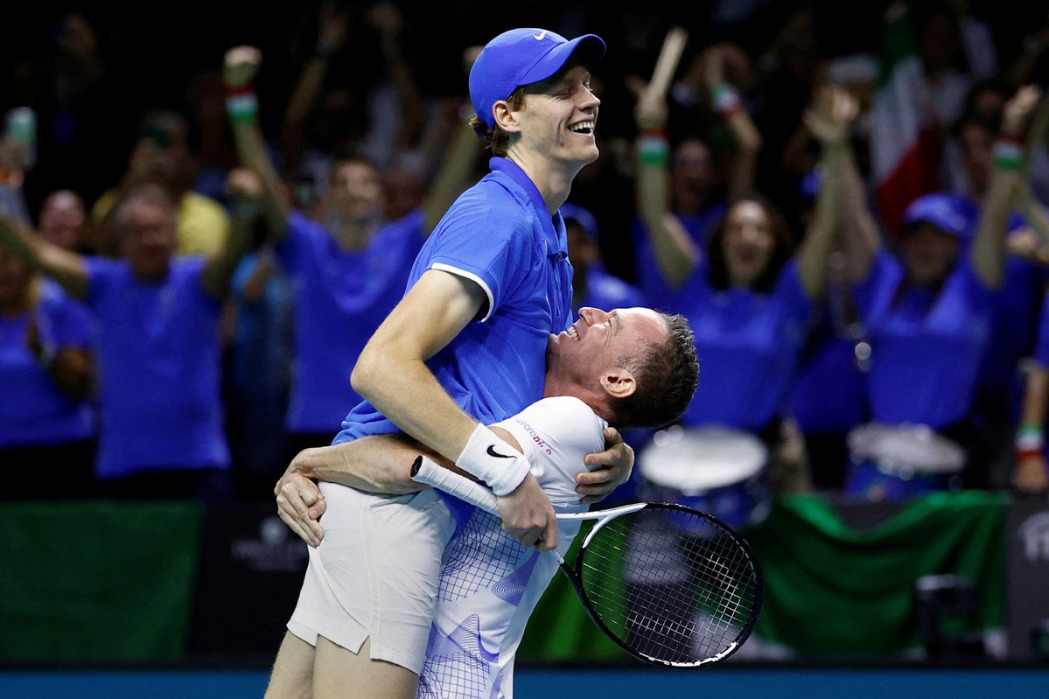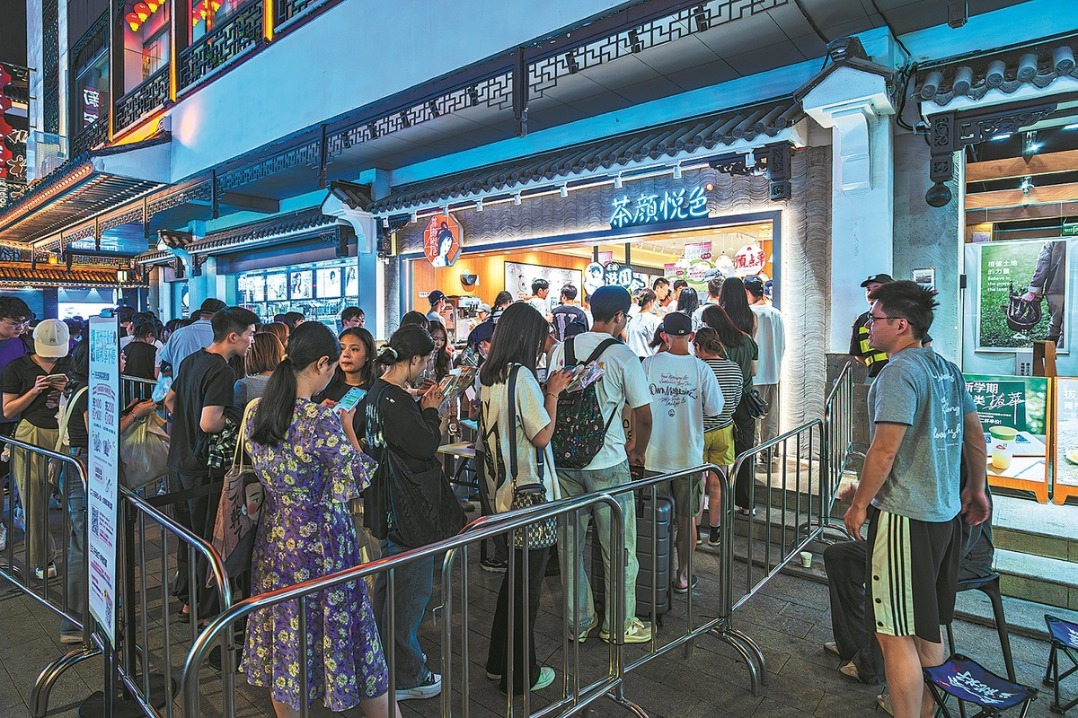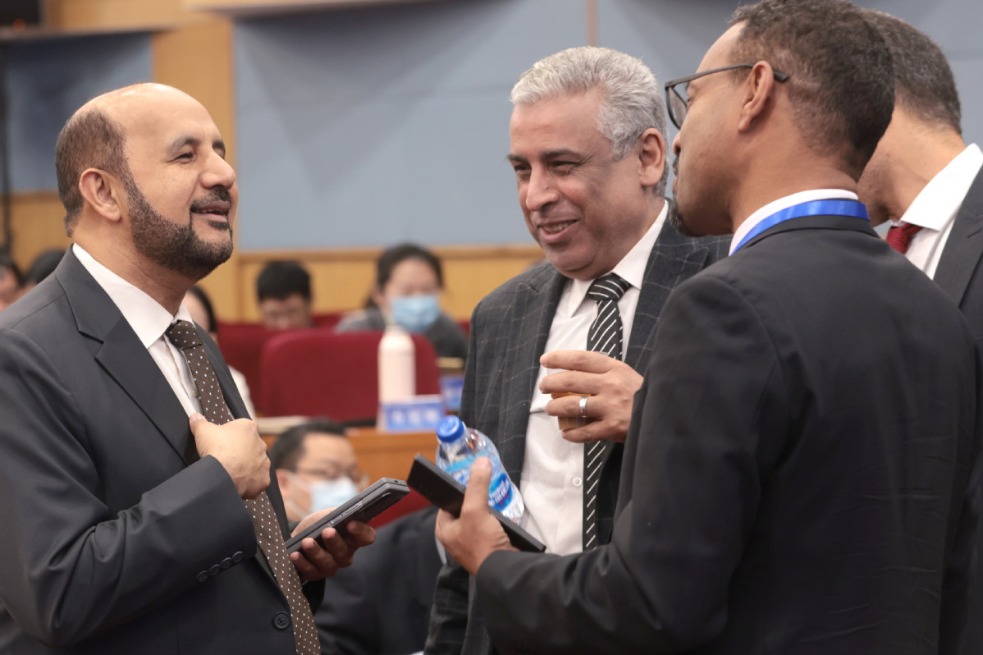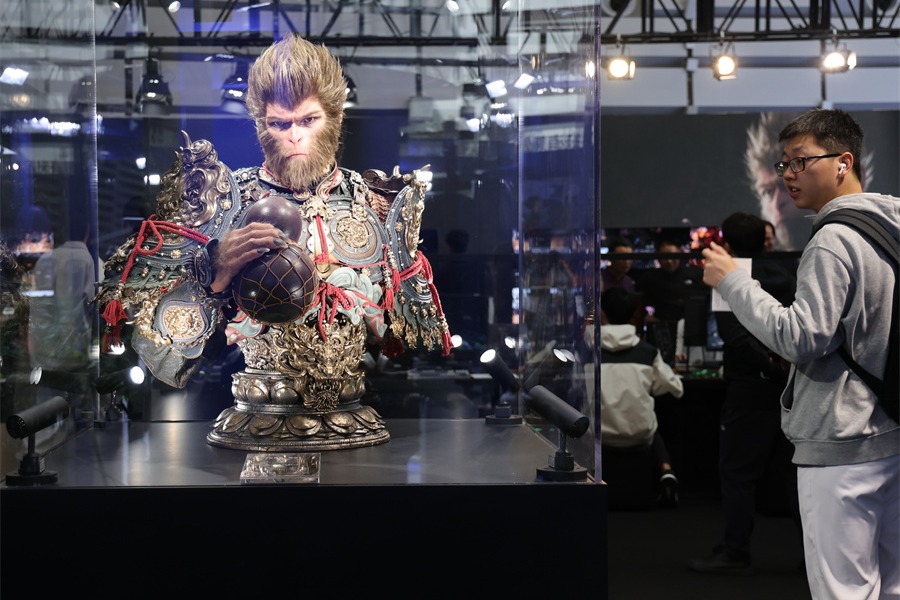Key questions
By Fang Aiqing | China Daily | Updated: 2018-12-19 07:00

From Day 1, Wang picked her up from her boarding school, played for her, taught her line by line, guaranteed she had recited them all and could practice on her own, and then took her back to school.
Classes took three to four hours then. Little by little, Yang developed knowledge and expressiveness.
Technology, such as reading pens, has changed the situation in recent years, Wang says.
Sheng is developing a program to train piano teachers from around the country to teach blind students.
He has created a WeChat group of teachers who are teaching, or are willing to teach, blind people, as well as visually-impaired students, their parents and journalists.
They exchange experiences, concepts and suggestions on piano teaching and learning, and how to develop the program.
Meanwhile, as an initiator of the SAE Educational Fund for Exceptional Children, Sheng is seeking fundraising and cooperation to provide blind pianists with more performance opportunities.
Prospective exploration
Sheng says the training will also consider the students' mental health and capacity for improvisation.
He started thinking about Liu Hao's future even before he decided to teach him.
He believes it'd be better if the boy learned both classics and jazz improvisation. Jazz is suitable for many public situations. It could bring more income opportunities and doesn't require reading scores. Sheng found Liu Hao a jazz teacher. He learned quickly, but soon quit because he didn't enjoy it. Liu Hao has determined he'll stick to classics, and is currently applying for top conservatories in the United States. Sheng respects his choice.
Liu Hao stayed in the US in the first half of this year, and he returned a more outgoing person.
Sheng thinks Yang's situation is more like an ideal example-she might not be as good as Liu at classical music, but is talented at improvisation and pop.
She plays several instruments and has potential as a composer.
Yang has worked as an intern teacher at Wang's piano school for half a year, under Wang's guidance.
But Sheng believes blind piano teachers are unlikely to be able to teach independently.
"Still, they can play a supporting role or cooperate with other teachers," Sheng says.
Yang's mother, Zhao Liping, is struggling with the decision to let Yang continue her music career or send her to learn massage-a common vocation for the blind in China.
Yang's educational resources are limited, since she was born into a low-income, rural family.
Zhao says she can't take care of her like Kang can with Liu Hao.
Yang's father, the family's main breadwinner, passed away in October, several days after the Beijing concert.
Wang admits his payments to Yang for teaching is more like a subsidy.
"I want her to sustain hope," Wang says.
Sheng says he's trying to integrate resources so that musicians, including the blind, can play for a living and have dignity.
"I don't dare say I'm confident in this, but I'm brave enough to try. So far, I can't imagine any difficulty that can't be overcome," he says.
























